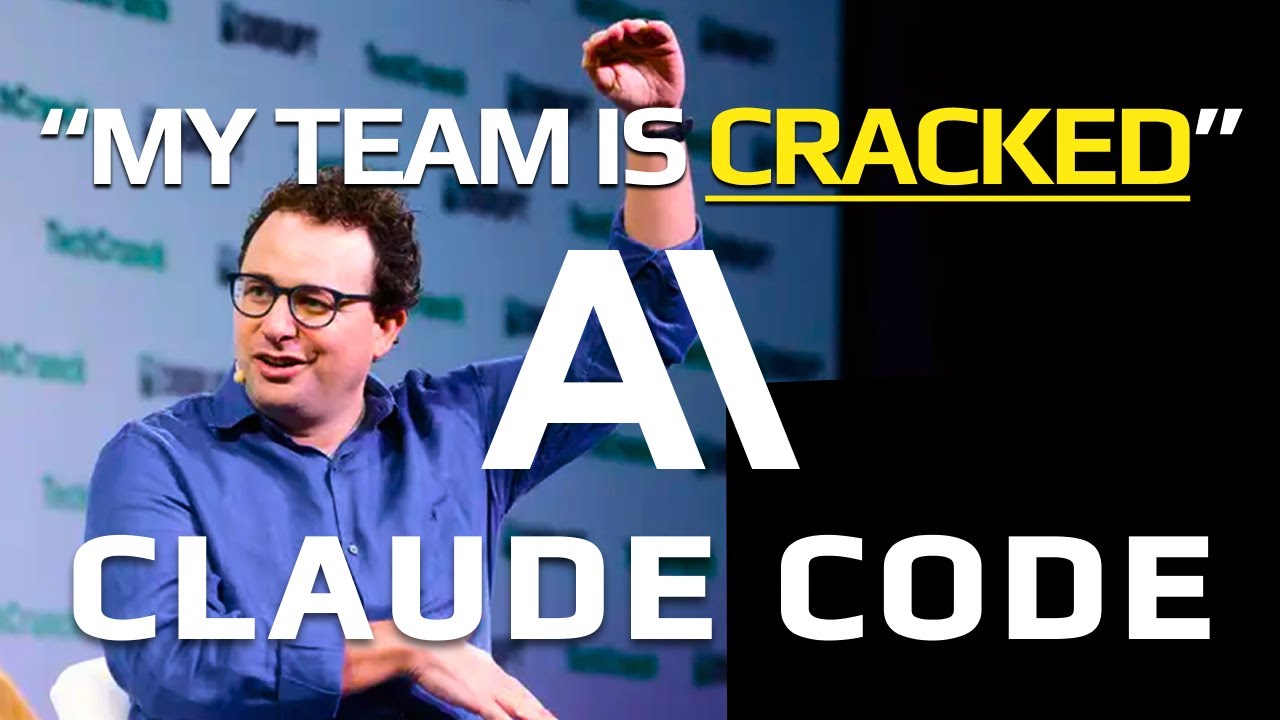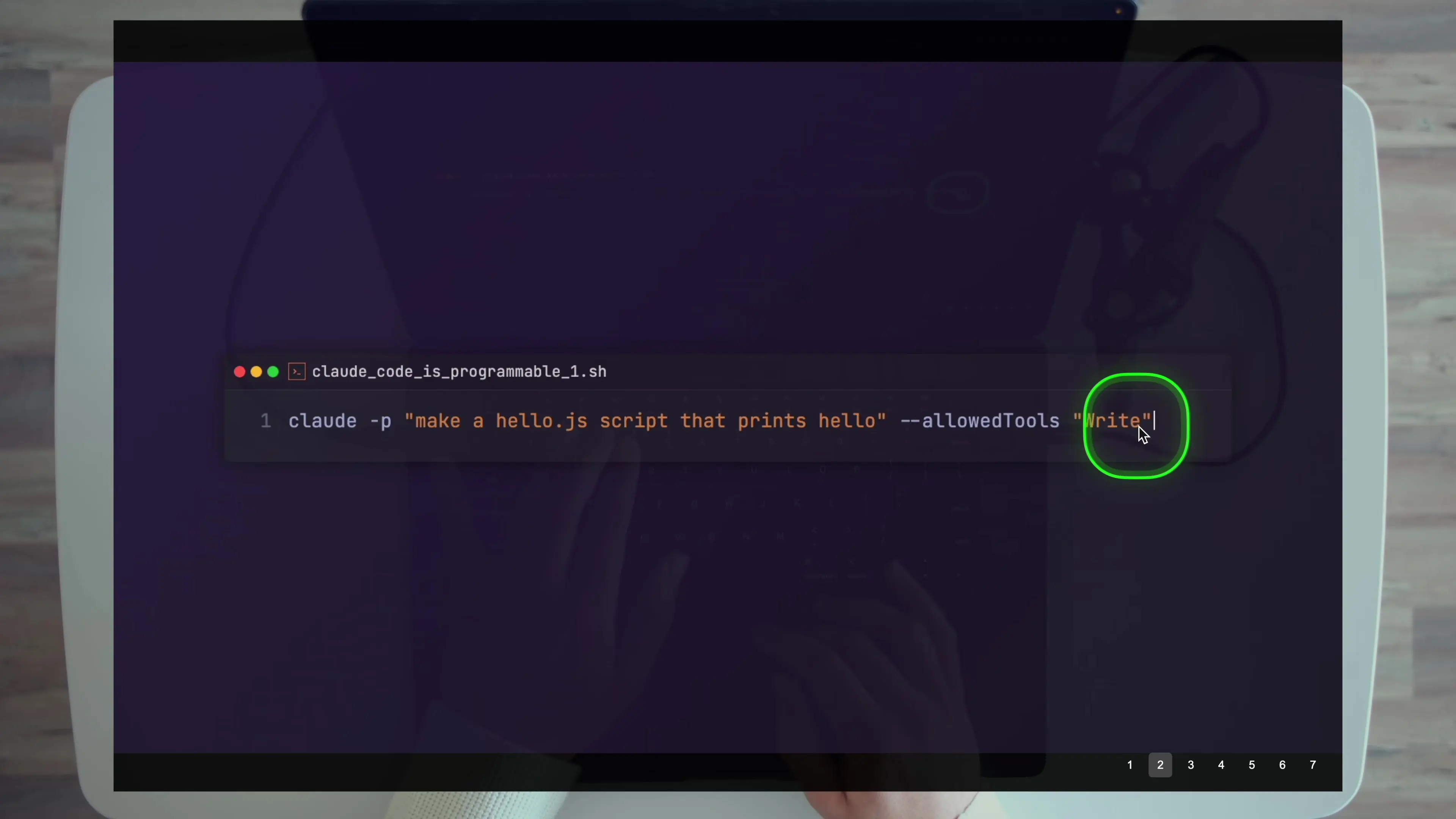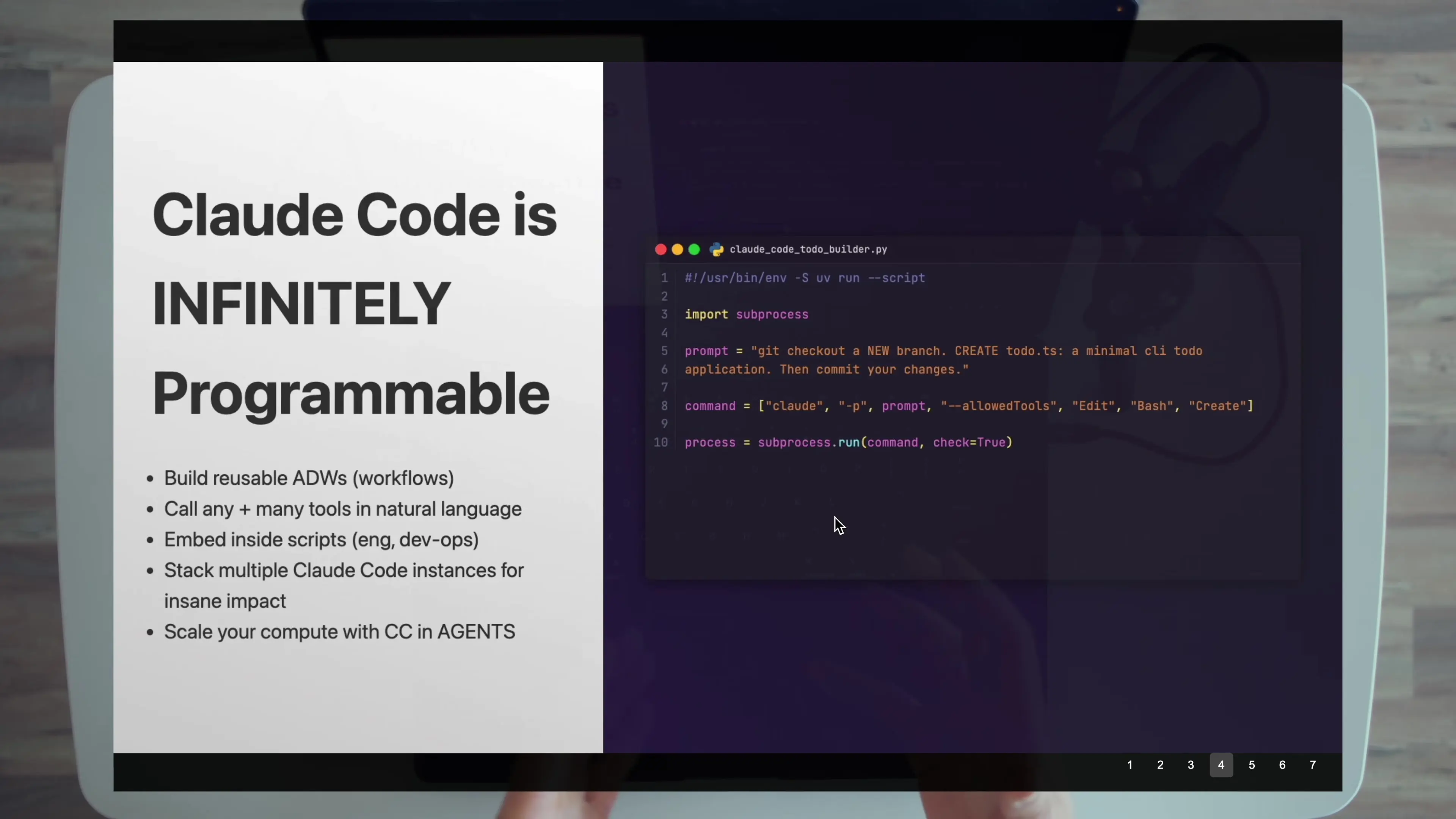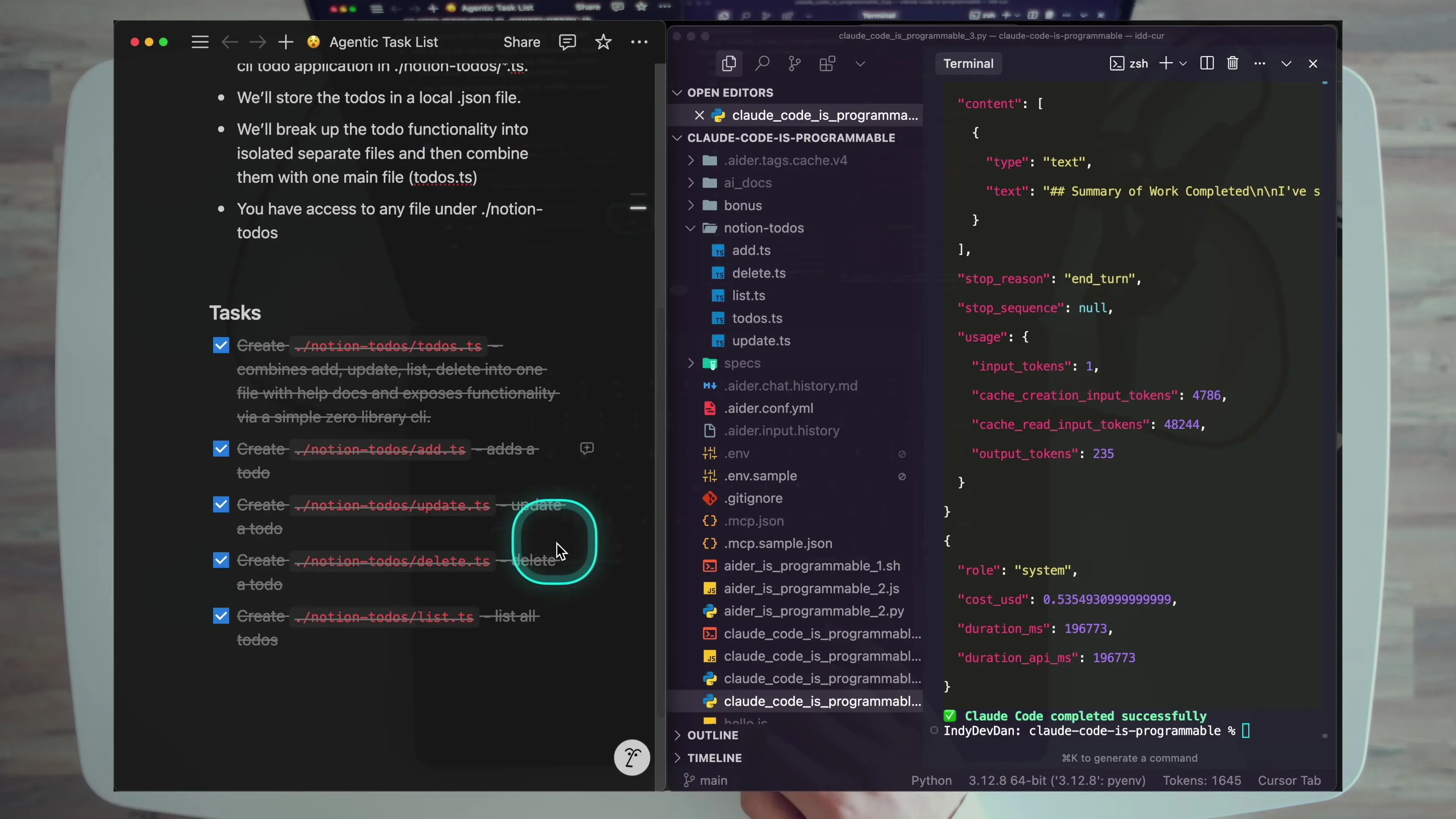
The landscape of software development is undergoing a radical transformation with the emergence of agentic coding tools. While AI coding assistants have become commonplace, Claude's programmable agentic coding represents a paradigm shift that dramatically expands what developers can accomplish. Let's explore this revolutionary approach that's setting new standards for AI-assisted development.
Understanding Agentic Coding: Beyond Traditional AI Coding
To appreciate the significance of Claude's agentic coding capabilities, we first need to understand the fundamental difference between conventional AI coding and agentic coding approaches.
Traditional AI Coding vs. Agentic Coding
Traditional AI coding tools operate with a single function call paradigm. You provide context, select a model, and submit a prompt—resulting in code generation. This approach, while useful, is inherently limited to the single task of writing code based on your instructions.
Agentic coding, by contrast, represents a significant evolution. It incorporates the code-writing capabilities of AI coding tools but extends functionality through access to a comprehensive toolkit. Claude Code isn't just writing code—it's actively using multiple tools to accomplish complex engineering tasks autonomously.

The Claude Code Toolkit: Expanding Development Possibilities
Claude Code ships with 11 essential built-in tools that transform it from a mere code generator into a comprehensive development assistant:
- File manipulation tools (edit, write)
- File system navigation (glob, ls, read)
- Shell access (bash)
- Parallel processing (batch)
- Task management
The real game-changer is the bash tool, which allows Claude Code to execute any command you could run in a terminal. This unlocks virtually unlimited capabilities, from running tests to deploying applications, all through natural language instructions.
The Power of Programmability
What truly sets Claude Code apart is its programmability. Through a simple Python interface, developers can integrate Claude's agentic capabilities into their own workflows, scripts, and applications. This isn't just about writing code—it's about automating entire engineering processes.
import subprocess
# Define your prompt and allowed tools
prompt = "Get check out a new branch. Create todo.ts. Then commit your changes."
allowed_tools = "edit,bash,create"
# Run Claude Code with specified parameters
result = subprocess.run(
["claude", "-p", prompt, "--allowedTools", allowed_tools],
capture_output=True,
text=True
)
print(result.stdout)
Practical Applications of Agentic Coding
The programmable nature of Claude Code opens up numerous possibilities for enhancing development workflows. Here are three practical ways to leverage this technology:
1. Automating Complex Development Workflows
Create reusable scripts that automate multi-step development processes. For example, a single command could instruct Claude to create a new branch, implement a feature based on specifications, write tests, and commit the changes—all without manual intervention.
2. DevOps Automation with Natural Language
Infrastructure work often involves complex, multi-step processes that are perfect candidates for automation. Claude Code can translate natural language instructions into precise infrastructure modifications, deployments, and maintenance tasks.
3. Scaling Development with Multiple Agents
One of the most powerful applications is running multiple Claude Code instances in parallel. You could have one instance implementing features while another reviews the code, and a third handles deployment—creating an autonomous development pipeline that dramatically increases productivity.

Building Dynamic Workflows with Claude Code
The true potential of Claude's agentic coding is realized when creating dynamic workflows that adapt to different inputs. By parsing command-line arguments and incorporating them into your Claude Code scripts, you can build flexible automation tools that handle a wide range of development tasks.
import subprocess
import sys
# Get the dynamic prompt from command line arguments
user_task = " ".join(sys.argv[1:])
# Three-step workflow with the dynamic task in the middle
prompt = f"Get check out a new branch. {user_task}. Then commit your changes."
allowed_tools = "edit,bash,create,read"
# Execute the workflow
result = subprocess.run(
["claude", "-p", prompt, "--allowedTools", allowed_tools],
capture_output=True,
text=True
)
print(result.stdout)The Cost Consideration of Agentic Coding
It's important to note that with Claude's advanced capabilities come associated costs. Claude 3.5 Sonnet is priced at $3 per million input tokens and $15 per million output tokens. The extensive searching and tool usage can accumulate costs quickly, which represents the current trade-off for accessing state-of-the-art agentic coding capabilities.
The Future of Development: Agents Building with Agents
Perhaps the most revolutionary aspect of Claude's programmable agentic coding is the ability to embed it within other AI systems. This creates a future where AI agents can leverage Claude Code to perform complex development tasks as part of larger autonomous workflows.
This represents a fundamental shift in how we think about software development—moving from humans writing code with AI assistance to AI systems that can independently create, modify, and deploy software with minimal human intervention.
Conclusion: Scaling Impact Through Compute
Claude's programmable agentic coding represents a paradigm shift in AI-assisted development. By enabling autonomous tool usage, parallel processing, and workflow automation, it allows developers to scale their impact far beyond what traditional AI coding tools can achieve.
The key insight is that modern development is about more than just writing code—it's about orchestrating complex workflows across multiple tools and systems. Claude Code's ability to navigate this complexity autonomously, while remaining programmable and extensible, positions it at the forefront of the next generation of development tools.
As we move forward, the developers who master these agentic coding capabilities will have an unprecedented ability to scale their impact through compute—automating routine tasks, accelerating development cycles, and focusing their human creativity where it adds the most value.
Let's Watch!
Beyond AI Coding: How Claude's Agentic Coding Transforms Development in 2025
Ready to enhance your neural network?
Access our quantum knowledge cores and upgrade your programming abilities.
Initialize Training Sequence